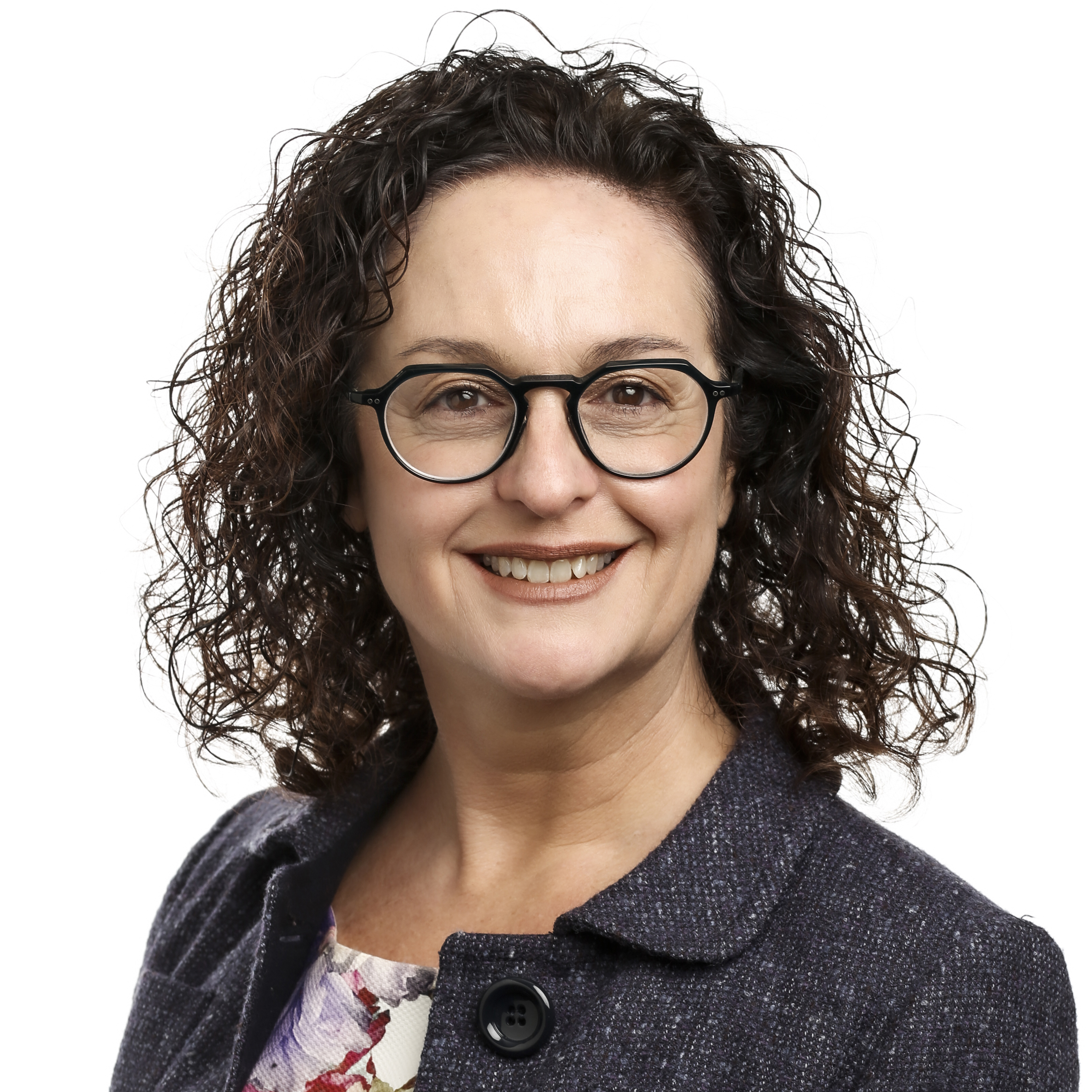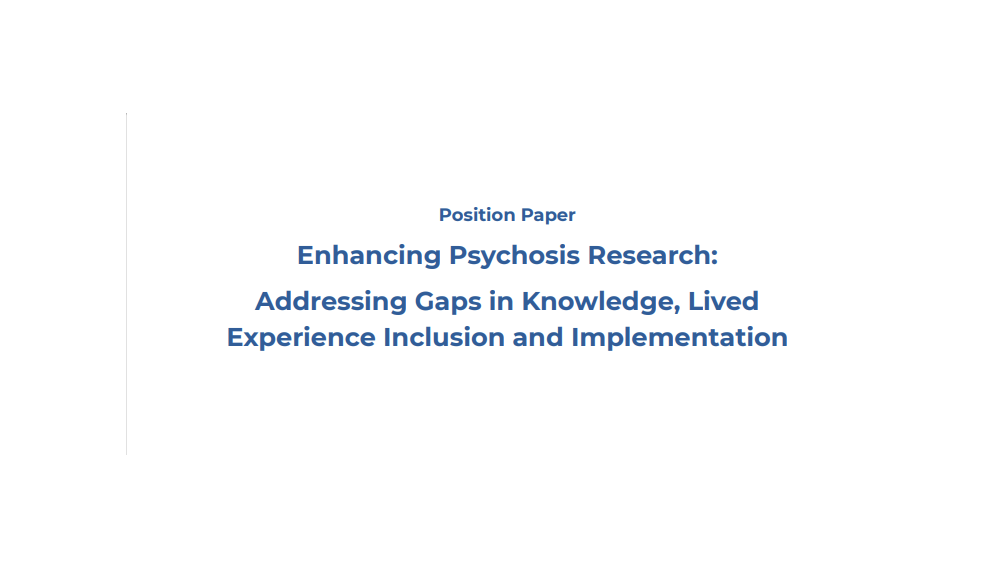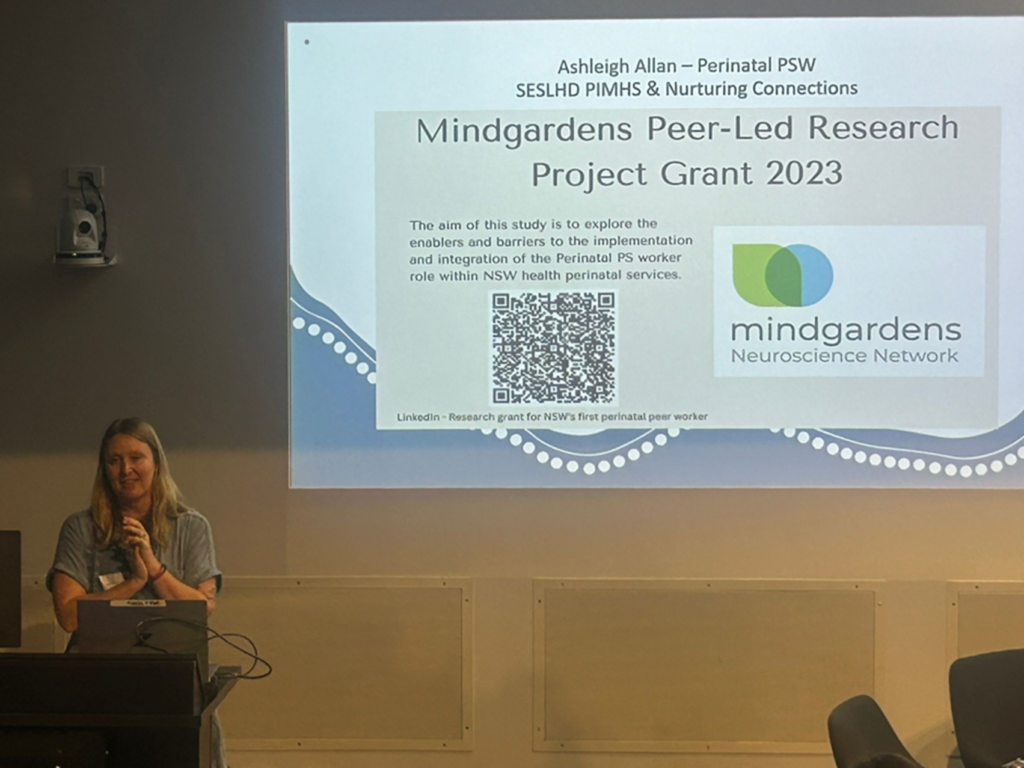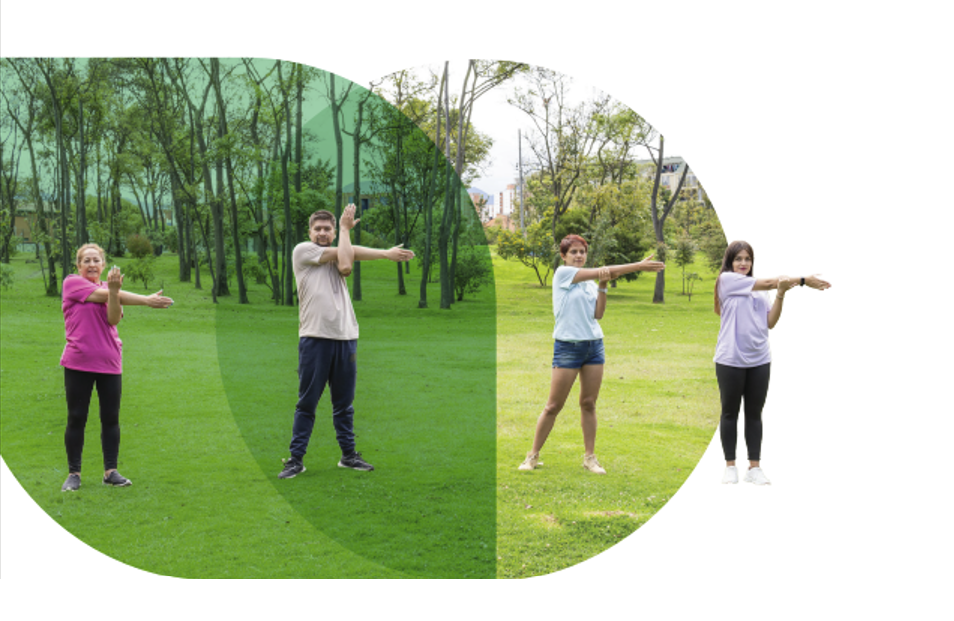Major research grant to extend physical health care for people living with mental illness
28 September 2023
Mindgardens Neuroscience Network, and its Executive Director Professor Jackie Curtis, will lead a world-first research program to develop personalised physical health care for people living with severe mental illness, following the award of a prestigious grant from the National Health & Medical Research Council.
The five-year trial will create an Integrated Peer-supported Physical Health Service (IPPHS) which will aim to produce sustained improvements in cardiovascular and metabolic diseases including diabetes. These conditions, which often occur as side-effects of mental health medications, are largely responsible for the poorer physical health and reduced life-expectancy – by up to 15 years – of people who live with complex mental health disorders such as schizophrenia.
The $2.997 million trial, which will take place in urban, regional and rural mental health clinics in south eastern Sydney and in Tasmania, will employ peer workers – people with their own experience of mental health challenges – to help participants navigate through the care system and find the most suitable health supports. General practitioners and nurse practitioners will also work directly with the specialist mental health clinics, screening patients for health problems and prescribing medications such as cholesterol-lowering therapies. Patients will also join with clinicians and researchers to develop a mobile phone app to monitor their physical and mental health.
“This trial presents a unique opportunity to deeply integrate physical health supports into mental health services,” Professor Curtis said. “We know people who experience severe mental illness miss out on basic physical health care because of barriers like having to make separate appointments and the cost of GP co-payments. This is a huge injustice, and the trial gives us the opportunity to learn what we can achieve when we eliminate those barriers. At Mindgardens, consumers and their loved ones are equal partners in our research and innovation agenda. We are grateful to the NH&MRC for backing this essential development work that I believe could provide the rationale for a national program.” The IPPHS funding was granted as part of an NH&MRC targeted call for research funding for improving the physical health of people with a mental illness.
Professor David Castle, the Professor of Psychiatry at Tasmanian Centre for Mental Health Service Innovation, a partnership between the Tasmanian Department of Health and the University of Tasmania, said, “We are delighted that Tasmania will be a site for this important project, given the socioeconomic hardships and physical health challenges faced by so many Tasmanians with a severe mental illness. The opportunity to offer personalised peer-driven packages of physical health care to this group of people is hugely exciting. I hope this project can help reduce their dramatically shortened life expectancy and enhance their quality and enjoyment of life”.
Associate investigator on the project, Catherine O’Donnell, who is Mindgardens’ Director of Lived Experience, said the inclusion of mental health consumers at all stages of the study design, implementation and analysis meant the project would remain grounded in people’s real concerns. “Peer workers and other consumers have unique insights to share about how we really experience our health-care,” she said. “By co-designing the clinic services and the mobile app with this understanding at the centre, we can be sure the outcomes will be valuable and relevant to the people who will use them.”
Professor Adrienne Torda, Dean of UNSW Medicine & Health, said, “UNSW Sydney is a proud member of the Mindgardens Neuroscience Network, which integrates treatments and research for mental health, neurological, alcohol and drug disorders and will lead this innovative research program to improve the physical health care of people living with complex mental health disorders.”
The IPPHS project builds on the Keeping the Body in Mind(gardens) service development research program from Professor Curtis’s team. This incorporates the Keeping the Body in Mind Program, delivered in collaboration with the South Eastern Sydney Local Health District, and extension projects including:
• KBIM Vaccines: Addresses the low vaccination rate and increased risk from vaccine-preventable diseases among people with severe mental illness to provide vaccinations in consumers’ homes and community mental health centres, supported by peer workers.
• KBIM Refugees: Offers a mental health-informed exercise facility in Sydney’s inner west for people from refugee and asylum-seeking backgrounds, co-facilitated by exercise physiologists and people from similar backgrounds as the clients, providing a culturally safe environment for physical activity.
• Keep Quitting in Mind: Smoking and vaping cessation support delivered by specially trained nurses in community mental health clinics.
• KBIM Primary Care: Specialist clinics to deliver personalised programs of exercise and dietary support, educating mental health consumers and helping them set lifestyle goals in the primary care setting.
Professor Curtis called for the mental health sector to embrace the goal of making high quality physical health care accessible to all clients. “This is an essential human rights question,” she said. “It is up to all of us to improve our performance in making physical health services available for people who live with severe mental illness, who are some of the most vulnerable in our community, so everyone has an equal chance to live a long and healthy life.”
About the physical health of people who experience mental illness
In Australia, four out of every five people living with mental illness have a co-existing physical illness. Compared to the general population, people living with mental illness are:
• Two times more likely to have cardiovascular disease
• Two times more likely to have respiratory disease
• Two times more likely to have metabolic syndrome
• Two times more likely to have diabetes
• Two times more likely to have osteoporosis
• 65% more likely to smoke
• Six times more likely to have dental problems, and
• Comprise around one third of all avoidable deaths
Source: Equally Well Consensus Statement for Improving the Physical Health and Wellbeing of People Living with Mental Illness in Australia (2016)
Integrated Peer-supported Physical Health Service (IPPHS) chief investigators
Prof Jackie Curtis
• Executive Director, Mindgardens Neuroscience Network
• Consultant Psychiatrist and Clinical Lead, Youth Mental Health, SESLHD
• Conjoint Professor, UNSW
Prof David Castle
• Professor of Psychiatry, University of Tasmania
• Co-Director, Centre for Mental Health Service Innovation (UTAS and SMHS Tasmania)
A/Prof Simon Rosenbaum
• Scientia Associate Professor, Discipline of Psychiatry and Mental Health and School of Health Sciences, Faculty of Medicine, UNSW Sydney
Prof Philip Ward
• Professor, Discipline of Psychiatry and Mental Health, UNSW Sydney.
• Director, Schizophrenia Research Unit, Liverpool Hospital, South Western Sydney Local Health District (SWSLHD)
Prof Grant Sara
• Director, InforMH, System Information and Analytics Branch, NSW Ministry of Health
A/Prof Natalie Taylor
• Scientia Associate Professor
• Director of Research, School of Population Health, UNSW Sydney
Prof Mark Harris
• Scientia Professor and Executive Director, Centre for Primary Health Care and Equity, UNSW Sydney
Dr Scott Teasdale
• NHMRC Investigator (Emerging Leader 1) and Senior Research Fellow, Discipline of Psychiatry and Mental Health, UNSW Sydney
Dr Peri O’Shea
• PhD Applied Sociology
• Lived experience researcher
Prof Kim Delbaere
• Senior Principal Research Scientist and Director of Innovation & Translation, Falls, Balance & Injury Research Centre, Neuroscience Research Australia (NeuRA)
• Professor, UNSW Sydney
Brings together the strengths of four founding organisations









